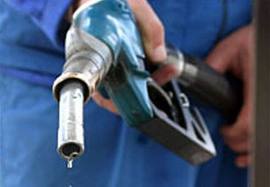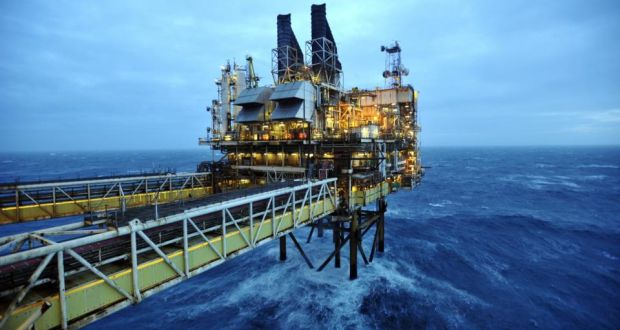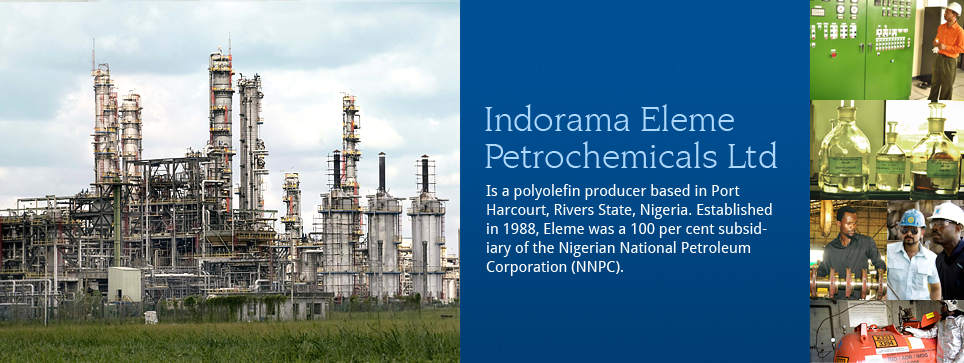30 May 2016, Lagos – The Honorable Minister for Petroleum Resources, Mr Ibe Kachikwu, recently, announced a new petrol price of N145/litre; the NNPC GMD, was however, clearly cautious to avoid a definite declaration that the petroleum downstream sector has now become fully deregulated with the almost 60% increase in petrol price; nonetheless, this seeming dictatorship of a price cap, is clearly inconsistent with a deregulated market.
 Indeed, in place of centralized price control, the existing Consumer Protection Council could be empowered to ensure that the fuel market is not cartelized to sustain oppressive price levels on. Consequently, government must acknowledge that the proposed stakeholder consultations on the new fuel price may infact be counterproductive and anathema in a fully deregulated market.
Indeed, in place of centralized price control, the existing Consumer Protection Council could be empowered to ensure that the fuel market is not cartelized to sustain oppressive price levels on. Consequently, government must acknowledge that the proposed stakeholder consultations on the new fuel price may infact be counterproductive and anathema in a fully deregulated market.
Dr. Kachikwu was however, inexplicably, silent on the retention of the existing N83/litre for Kerosene; although this retention may be consideration for the poor, nonetheless, the GMD must be aware that with the cap on petrol and kerosene prices, a rent seeking distribution chain will invariably subsist and price subsidy will unavoidably also prevail for kerosene. Consequently, with this partially deregulated market, the Honorable Minister’s announcement that anyone with capacity, can now import and sell petrol, may unfortunately, not attract enthusiastic response from fuel importers.
Furthermore, marketers will also refrain from imports if the deregulated pricing template with a prescribed dollar price of N280=$1 does not guarantee for fuel imports profitability to sustain their fuel supply business, particularly, when the cost of funding imports has also been increased by almost 50% Naira devaluation.
Although, the Honorable Minister indicated that importers will source their own forex at about N280= $1, he did not reveal how the parallel market rates will be restrained below this ceiling, particularly when fuel marketers, who normally consume almost 40% of CBN’s total forex supply, ultimately descend on more modest black market supply for the billions of dollars they require for fuel imports. Advisedly, deregulation of the petrol market, will remain inchoate with severe market distortions, if fuel price and the applicable Naira exchange rate for petrol imports are centrally regulated.
Nevertheless, the surge triggered by fuel importers for parallel market dollar supply will invariably exceed demand and further spike the dollar exchange rate. If for example, dollar sells for N300 and above, instead of the prescribed N280=$1, import bills will obviously also rise and make N145/litre petrol price unsustainable.
Indeed, unless the price cap of N145/litre is lifted, marketers will refrain from direct import; in such event, the NNPC may once again become the sole importer. NNPC may not be comfortable with such turn of events, as the retention of a regulated price, despite increasing Naira depreciation will inevitably bring back subsidy, and we may, sadly once more require a supplementary Appropriation bill to fund such unbudgeted petrol and kerosene subsidies in 2016.
Worse still, if crude oil price continues to rise above $50, we will ironically become apprehensive that the increased revenue from such fortuitously higher prices will ‘unfortunately’ also make the retention of N145/litre price cap impractical. Indeed, in other African markets, where deregulation exists, the average petrol price is about $1/litre, irrespective of whether these countries export crude oil.
Consequently, an extrapolation of this price range into our domestic market would bring deregulated pump price close to the Naira equivalent of $1. Thus, if importers buy dollars at N280, they would in turn probably sell for between N240-N300/litre. Furthermore, if dollar purchase for fuel imports cost N300, the pump price would also rise accordingly; consequently lower Naira exchange rates will inevitably trigger higher petrol prices in a conventionally deregulated market.
Indeed, if marketers buy dollars at N280=$1 as suggested by the Minister, it would be commercial suicide to sell for about 50cents or N145/litre, unless of course, subsidy is re-introduced once again, with it warts and all, in a macabre one step forward, two steps backward movement. Furthermore, domestic pump prices below USD 80 cents will also continue to encourage active cross border smuggling of almost 20% of Nigeria’s relatively cheaper fuel. Thus, the only plausible resolution to inflationary and oppressive fuel prices may infact be a stronger Naira exchange rate.
For example, if fuel importers purchase dollar with N100=$1, fuel pump price may not exceed N100/litre; consequently, up to N45/litre (about N2bn from 40m litres daily consumption) can be recovered as petrol tax, if petrol price remains at N145; evidently the additional N800bn annual revenue (over 12% of 2016 budget) will go a long way in remediating our decayed infrastructure. It may seem nonsensical to suggest a stronger Naira exchange rate, when it seems clearly obvious that unless we earn more dollars, it would be inappropriate to expect a stronger Naira.
Nevertheless, no one has satisfactorily explained why the Naira exchange rate remained almost static all through the preceding bountiful years of premium crude prices, when our dollar reserves also exceeded $60bn and CBN also liberally funded outflows of $150,000.00 for spending with personal Naira denominated debit cards abroad, despite the odious reality that tens of millions of Nigerians earn less than N1m ($5,000) a year.
Media reports of gross abuse of CBN’s controversial dollar liberalization included the weekly funding of over 3000 BDCs with over $60k; the case was also reported of a young Nigerian male, apprehended at an airport abroad with over 100 debit cards. Indeed it is possible that a declared enemy of Nigeria could not come up with a more disingenuous way of emaciating our currency and destroying our economy and values, despite our custody of our best ever external reserves.
Similarly, even if crude revenue unexpectedly spikes significantly, the increasing dollar revenue and reserves may not also, as in the past, translate to a stronger Naira; furthermore, the substantial export revenue expected from successfully diversifying our economy, will still realistically take between 3-5 years to materialize; in other words, pressure on the Naira exchange rate will persist for some time and higher and higher fuel prices in excess of N200/litre will prevail.
Undoubtedly, the Naira’s lowly fate will remain sealed for as long as CBN continues to auction dollar rations for higher Naira bids, in a market that is undeniably, already awash with surplus Naira liquidity, which compulsively instigates CBN’s expensive liquidity mop up operations, despite the inherent drawback of crowding out the real sector from cheap funds, and further restraining their ability to increase productivity and create more job opportunities.
Thus, if we cannot improve market dollar supply, in the short term to strengthen the Naira, we urgently need to identify the main cause of the eternally surplus naira that instigates weaker Naira exchange rate at CBN’s dollar auctions.
- Henry Boyo, Vanguard



